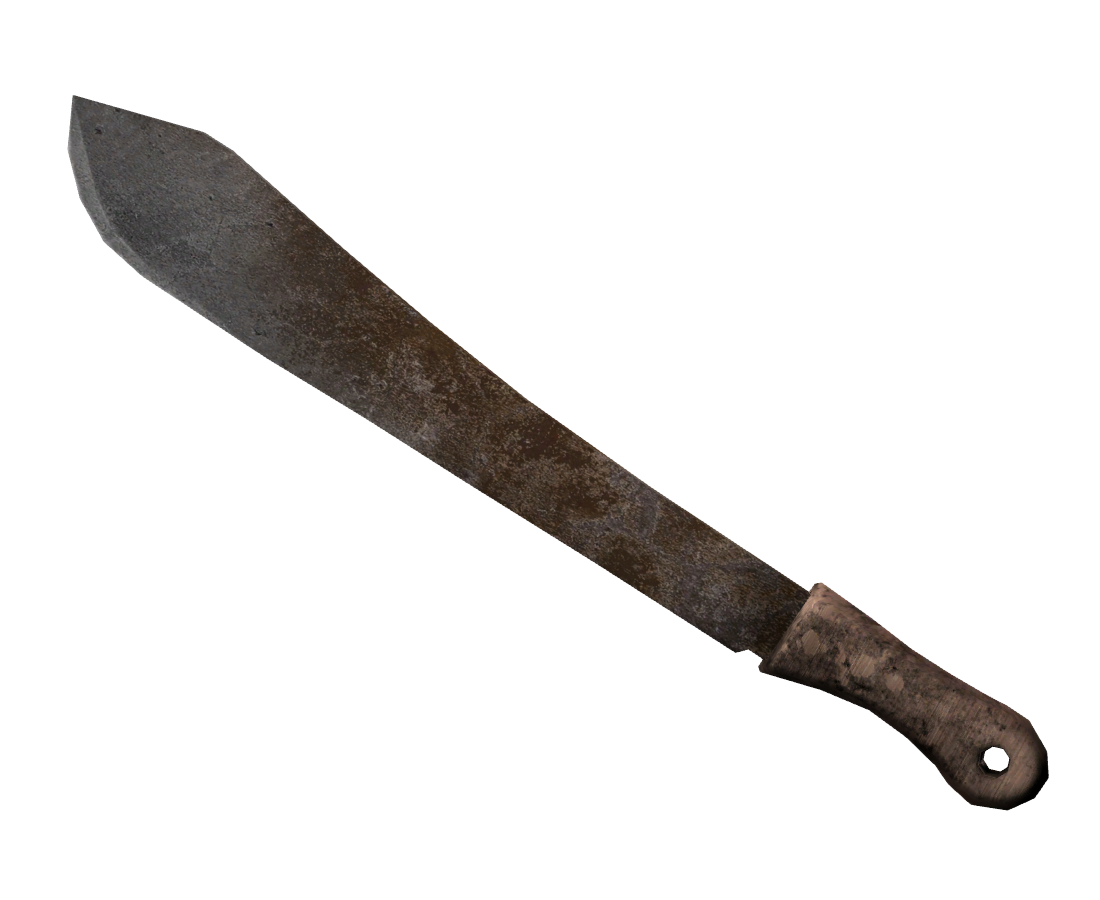"Every man in Umuofia went about armed with a gun or machete" (165); "Okonkwo warned the others to be fully armed... 'times have changed, and we must be fully prepared'" (166). Through Okonkwo's warning, Achebe showcases the change in attitude toward ones on safety in the tribe. Because the rules and punishments were dutifully carried out, there was hardly ever any crime within the tribe and the tribesmen respected one another. However, as the white men established their presence in the tribe they began enforcing their own rules and punishments: This therefore increased the tension and hatred the people of the tribe had towards the missionaries. The white men were violent to the natives, whipping them on their back, holding them captive, and withholding food and water from them. Okonkwo, aware of these changes, warns the others, for he understands that if they don't stand up for themselves the tribe will fall apart. What began as a safe community turns into an unsafe environment that requires constant awareness. The outcome would not need to be violent had the missionaries remained peaceful in their conversions. Nonetheless, the white men came wanting to gain control of the tribes through their religion, but more importantly, through their government. It is the violent actions of the missionaries that ultimately lead Okonkwo to commit a crime of extreme violence: his suicide.

No comments:
Post a Comment